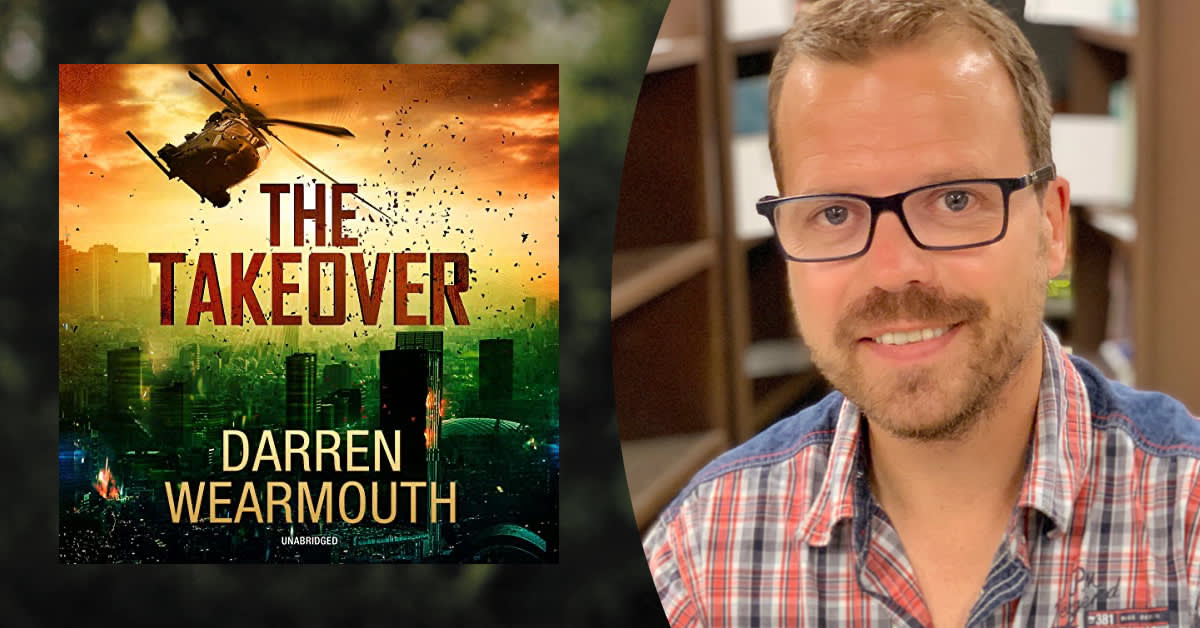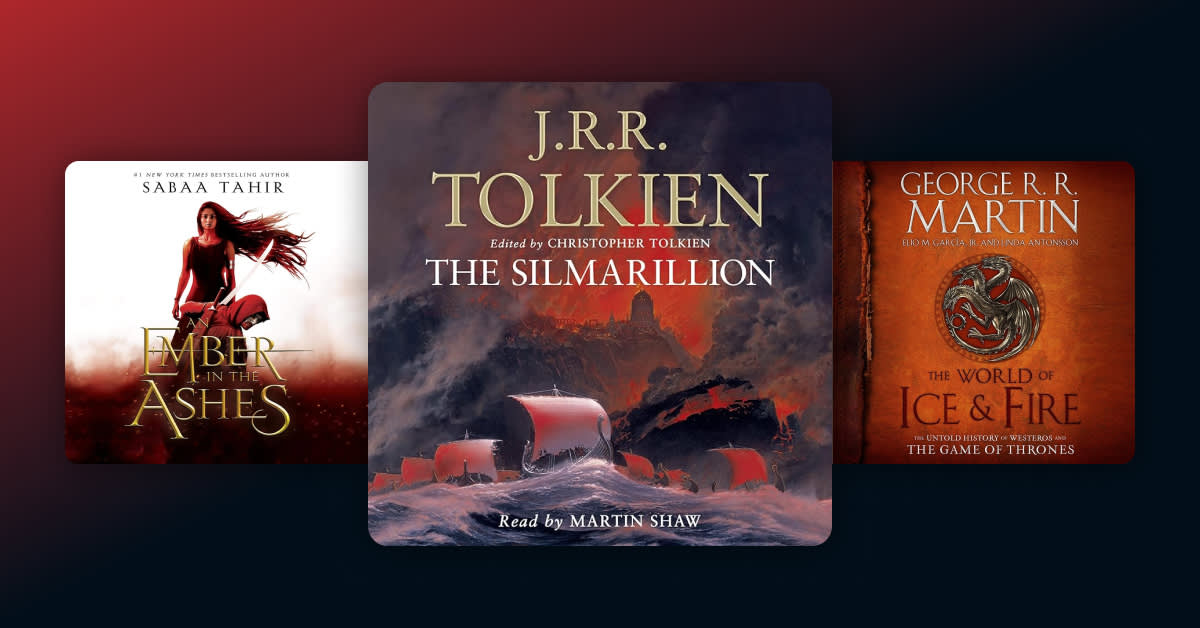With the release of his highly anticipated new novel, Darren Wearmouth returns to alien-slaying form in glorious fashion.
After last year’s successful “whodunnit” crime procedural The Stowaway, Wearmouth is back with a tense, bombastic sci-fi thriller. Harkening back to classic films like The Thing and modern genre entries like Prometheus, this story begins with a team of explorers uncovering a toxic, human-possessing alien plant in the ruins of an ancient civilization. Bad turns to worse as this infection spreads worldwide and threatens humanity as we know it. Though this story reaches a global scale, the tone remains impressively intimate and relatable, especially given modern events. We had some burning questions regarding the tone, themes, and structure of The Takeover, and Darren Wearmouth was happy to oblige our request.
I take it you are a big horror fan. Which creature features would you cite as your main inspirations for The Takeover? I'm a huge horror fan. I watch a couple of horror movies a week and try to squeeze in a book a month. My main inspirations for novels like The Takeover are the old-school classics. I Am Legend by Richard Matheson and The Day of the Triffids by John Wyndham are my two personal favorites. I love how the stories take a lifecycle approach to outlandish events and progress to their ominous conclusions.
What ultimately caused you to leave your office job to pursue writing? Did you always plan on writing thrillers? I've always loved reading genre fiction and enjoyed English at school. However, there was no initial plan to leave my job. I worked away from home, spending a lot of time in B&Bs. Every evening, after hitting the gym, I could either sit watching TV or find a hobby. I decided to turn a few of my ideas into short stories. Seeing my ideas written on a page rapidly became an exhilarating experience. Soon after, I'd drafted my first novel, called First Activation. And with much eagerness, I submitted the story to agents and received a few rejections but mostly tumbleweed. Undeterred, I self-published the book. Within three months, it had sold 50,000 copies. My next release fared equally well, which allowed me to follow my dream. Ten books later, and creating with a great person like James Murray from Impractical Jokers on several, including Don't Move, writing has turned out to be a lot more than I expected. Working with great people like Blackstone also makes it an extremely rewarding experience.
Paranoia and trust are themes that permeate this narrative. Did you consider the themes before you began writing, or did they just develop naturally through your process? I consider paranoia and trust as two essential themes to postapocalyptic/alien-invasion stories. When civilization is decimated, a person is going to get thrown in with other survivors who they don't know, against an enemy with unknown capabilities. One wrong move could mean the end. In this situation, I think these themes are naturally accentuated. Who is in it for themselves? Who is a team player? Who might work for the enemy? It's all on the table.
"I consider paranoia and trust as two essential themes to postapocalyptic/alien-invasion stories... Who is in it for themselves? Who is a team player? Who might work for the enemy? It's all on the table."
In general, aliens tend to represent a fear of the unknown, xenophobia, or humanity’s need to cooperate for the greater good. Do you think themes like these are necessary to an alien-related title? Yes, I think the themes are somewhat necessary. This is a personal preference, but I also believe every story should include hope. Obviously, we are not facing an alien colonization right now, though we are living in uncertain, divisive times. That said, I have faith in humanity, whatever the circumstances. We work better together than apart. We are stronger when we face the unknown as a collective. And our differences make us greater as a species rather than weaker. Whatever is coming in our future, I am confident that we'll ultimately do the right thing.







